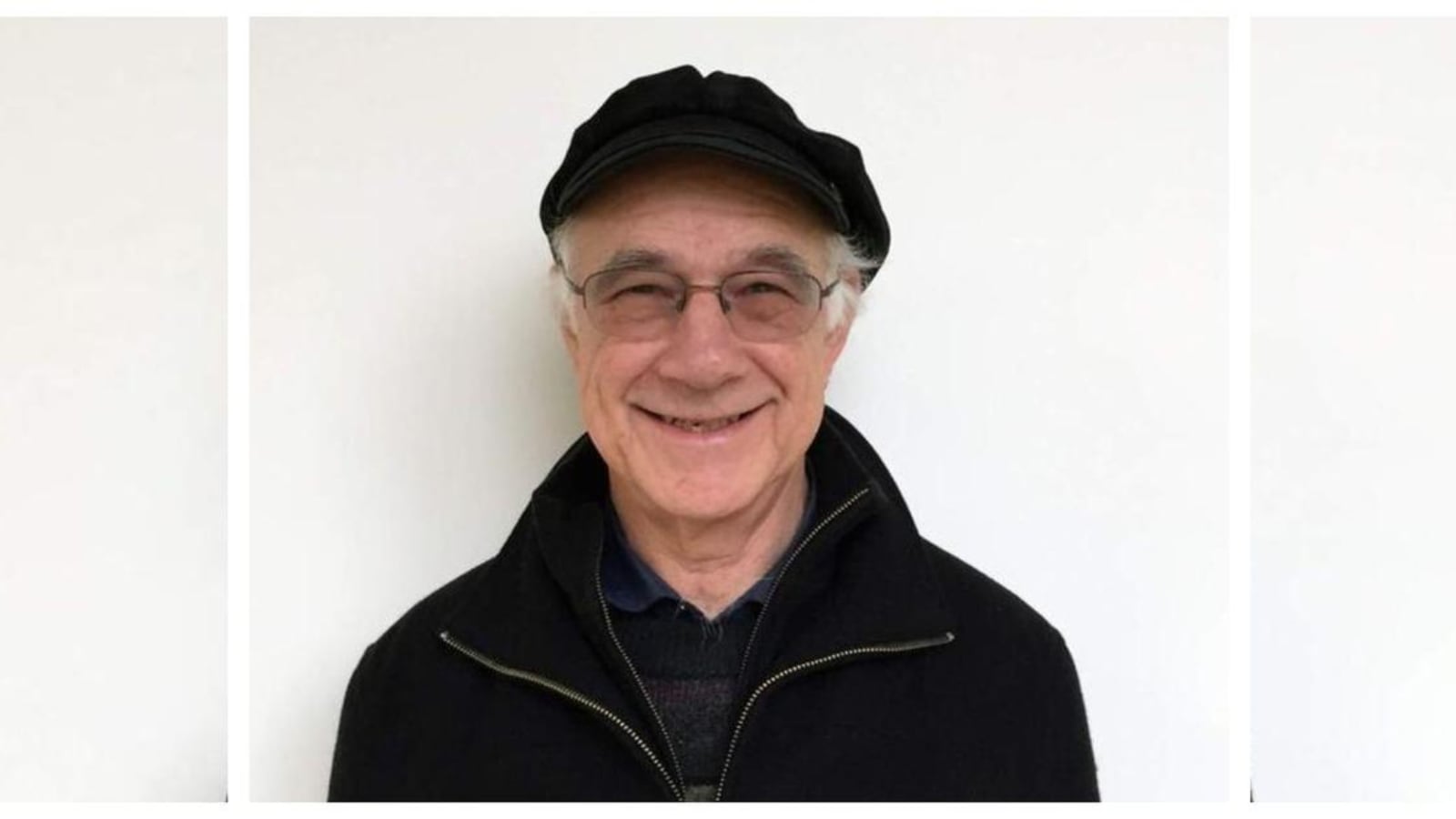Few have believed as deeply in the promise of Sociology as Michael Burawoy, Emeritus professor at the University of California, Berkeley. While being a fierce critique of the discipline itself, Burawoy was convinced about Sociology’s potential in questioning and resisting unequal social hierarchies in a quest to minimise unnecessary suffering of people around the world. Burawoy passed away in Oakland, California, following a hit-and-run incident on February 3. As we mourn his death, commemorating his trenchant plea of making sociology sociable in these times of conflict, disenfranchisement, and political apathy is urgent and necessary.
Story continues below this ad
A public sociology, Burawoy argued in his 2004 presidential address of the American Sociological Association, is the one that brings sociology in conversation with multiple publics. He was troubled how critical sociology, despite its long-standing attention to systemic inequalities, has remained counter-public, entrenched in academic circles of intellectual privilege. His call to do public sociology not only inspired a generation of scholars, activists and educators but also helped provincialise a discipline that has long held a Euro-American bias.
From being a vocal advocate of high-quality public education in the face of mounting student debts in the United States, the annihilation of academic freedom in an increasingly neoliberal academy, to the Israeli genocide of the Palestinians and the shocking violence of settler colonialism, Burawoy’s public sociology was unabashedly incisive and fearless. Drawing from social theory, Burawoy reminded the academic community of the oblivious myopia of domination as Israel continues to be blinded by its own hubris or, as French sociologist Pierre Bourdieu (1930-2002) might say, dominators too are dominated by their domination.
Burawoy insisted that public sociology should be a part of the sociological division of labour, one where the divide between scholarly and moral enterprises collapse. This attention to the moral foundations of Sociology is significant as regardless of political or practical rationalities, Sociology teaches us to interrogate from the standpoint of those suffering oppression and silencing. As such, Burawoy reminded us that the question is not so much about whose side we are on, rather what moral values we stand for. Engaging with the publics clearly and loudly, Burawoy added, is the first step in redeeming the callous complicity of our times.
Sociology: For whom and for what?
Story continues below this ad
Burawoy’s unrelenting conviction of the role of young people in engaging and delivering public sociology is noteworthy. In his habitually humorous yet astute style, he noted how students are “not empty vessels into which we pour our mature wine, nor blank slates upon which we inscribe our profound knowledge”. Instead, he imagined students as ambassadors of public sociology who carry forward the thick lived experience of their own lives and learning, turning their private troubles into public reasoning.
This monumental leap of faith on the promise of public sociology in delivering change is revolutionary. By cautiously moving away from the instrumental purpose of education, Burawoy was unafraid to bring cognate disciplines of Policy Studies and Economics under scrutiny. Commenting on the neoliberal ascendancy of the academy, Burawoy noted how a compulsory focus on solutions and policies make disciplines (including Sociology) “in the service of a goal defined by a client”. Public Sociology, on the contrary, undergirds a process of communicative action where the sociologist and the public are in a dialogic relationship with each other. Relatedly, Burawoy’s contention of Economics as a paradigmatic science suffering from an elite capture (of neoclassical economics) justifying the excesses of markets is crucial in understanding the shrinking of public funding in the academy.
Nonetheless, Burawoy’s approach was not a contemptuous one. He believed in the potential of synergy and reciprocal interdependence among disciplines. Citing examples from the civil rights movement in the United States or the global feminist movements, he convinced academics on the vitality of policy issues in shaping sociological questions while at the same time unravelling how “policy” becomes an unwitting agent of oppressive social control. He believed in finding disciplinary allies with oppositional formulations to engage in a decentralised deliberative democracy.
most read
You may ask, why must this burden fall on sociologists? Burawoy’s response was unambiguously certain. The promise of public sociology comes from sociology’s spontaneous connection with civil society. He was under no illusion about the unhindered virtuosity of civil society; he reminded us how civil society can become a vehicle of authoritarian and fascist regimes as easily as it can defend humanity against state control. However, that does not mean we “retreat to a dispassionate objectivity within the walls of academia”. Retreat, he argued, is no defence against the political encroachment and assassination of freedom in the academy. Instead, it should propel our resolve to engage in a transformative sociology- a social movement- beyond the academy.
The sociological agenda of exploring “real utopias” (Erik Olin Wright’s thesis of a utopia based in the existing world) are not figments of fiction, Burawoy would have argued. On the contrary, Public Sociology expands the utopic potential of alternatives, developing a sociology of the possible. The task and the promise of Sociology are not confined to describing and explaining the social world as it is. Instead, Public Sociology beckons us to move from interpretation to engagement, from theory to practice, from the elite capture of the academy to its publics. By making sociology sociable, we go beyond the empty façade of “interdisciplinarity”, bureaucratic rankings, referred publications and impact factors that unwittingly trap us into a battery of disciplinary techniques. It offers a potent assault on our collective quietism in the face of structural violence in the academy and beyond. Burawoy’s death compels us, more than ever, to make public sociology a legitimate enterprise of our times.
The writer is faculty member with the Department of Social Sciences, FLAME University, Pune


